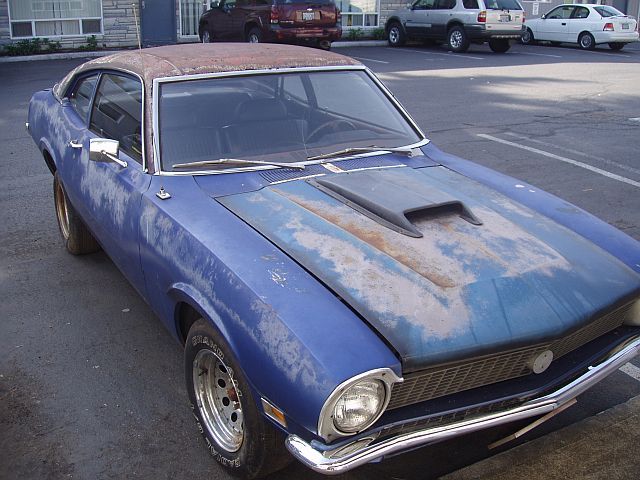
When you finance a car, it’s accompanied by a note and there’s a monthly payment. The note gives the seller security, as they now have recourse if you don’t pay -they can repossess the vehicle. This system is good for the seller because their money is backed by an asset instead of backed by your credit score. You can damage a credit score, but you can’t repossess a credit score and sell it to someone else.
Ideally, the payment on the vehicle is based on the predicted future value of the car. If the car costs $10,000 today and will only be worth $2,000 in eight years, your payments over the eight years need to add up to $8,000 to keep the value balanced to the payments (I left interest out to make it less complicated). However, in some instances where the buyer’s credit is good the seller can offer the vehicle at a lower monthly payment despite knowing that the vehicle will be worth less than is owed on it. This is called negative equity. Eventually, that vehicle dies and the buyer is forced to purchase another car, still owing on the first. Instead of having a buyer who is unable to make two car payments, the new financing company offers to pay off the first car and roll the debt from it over into the new car’s note. Over time this vehicle gets more and more underwater and eventually the debtor is forced to file bankruptcy.
A “Cram-Down” occurs when a debtor asks the court to determine the value of their vehicle and to make this value the secured amount of the debt. i.e. if the debtor owes $10,000 on a vehicle, but it is now only worth $2,000, the court can lower the secured amount owed to $2,000. The remaining $8,000 becomes unsecured. This can be done in both a Chapter 7 or a Chapter 13 bankruptcy. However in a Chapter 7 the $2,000 has to be paid immediately, so it is less practical than in Chapter 13 where the debtor has several years over which to make payment.
In Americredit Financial v. Penrod, the Ninth Circuit Court of Appeals found that the security interest in a vehicle does not include the amount paid off to a previous finance company to settle a prior vehicle’s debt. In Penrod, the debtor owed $13,000 on a Ford Explorer and received $6,000 in credit for the vehicle. The $7,000 in negative equity was rolled into the note on her new Ford Taurus. This brought the Taurus’ balance of $25,600 up to $31,700 at 20% interest. When she filed a Chapter 13 bankruptcy a year and a half later, she sought to have the court evaluate the security interest in the car to the car’s market value (currently about $7,000 in the best shape). The creditor objected to this, but the Bankruptcy Court ruled in her favor. The creditor then appealed the decision to the Bankruptcy Appellate Panel, who also ruled in her favor. The creditor then appealed the decision to the Ninth Circuit Court of Appeals, who also ruled in her favor. The only court left for Americredit to appeal to is the United States Supreme Court and it may be worth their while to try it as in most cases there will be thousands of dollars at stake but I have to say: I believe they’ll lose.
If you have a seriously undervalued vehicle and think bankruptcy may help you, contact a Jacksonville Beach Bankruptcy Attorney or call us at (904) 685-1200 for a free consultation.
Published on:
 Jacksonville Bankruptcy Lawyer Blog
Jacksonville Bankruptcy Lawyer Blog


